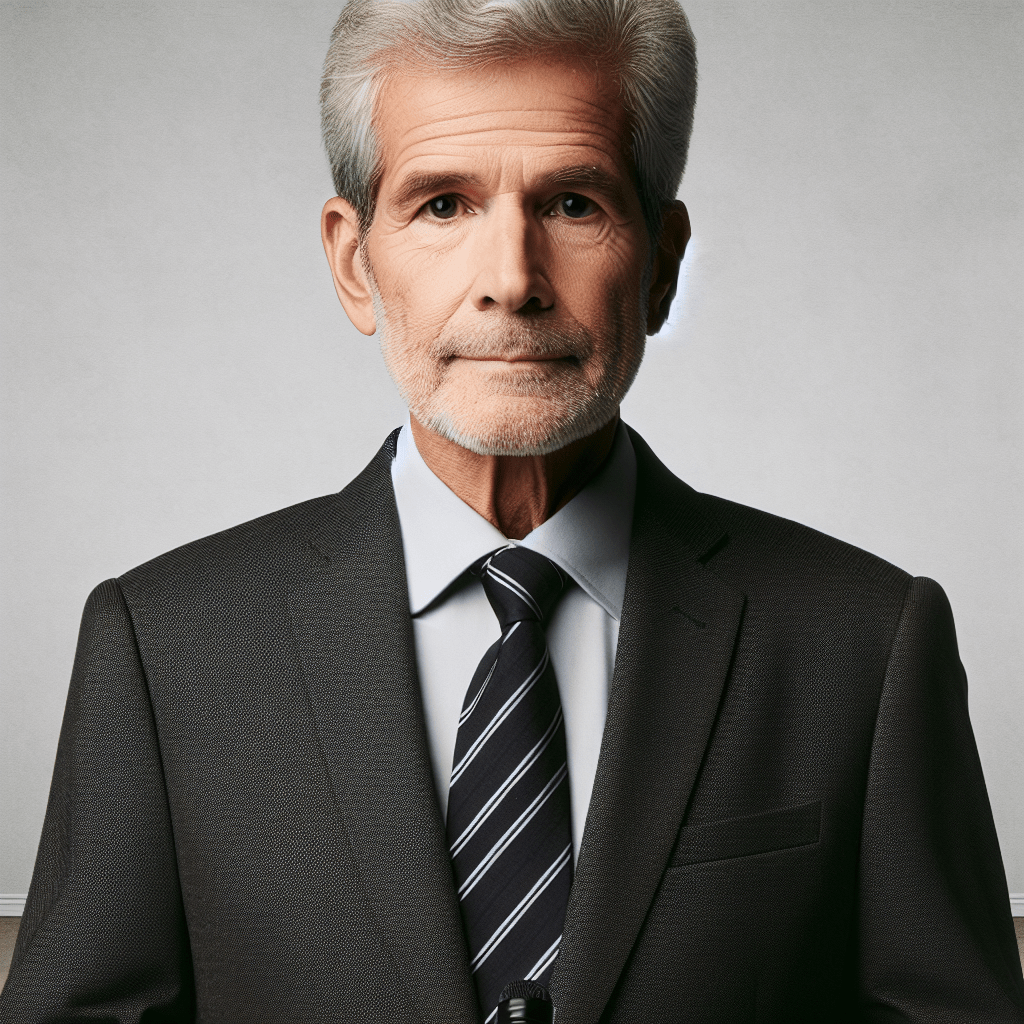The Career and Influence of Peter Navarro: A Comprehensive Overview
Peter Navarro is a notable American economist, author, and was an advisor to President Donald Trump. His work has largely focused on trade policy, and he became well-known for his strong stance on US-China trade issues. Through diverse roles in academia, authorship, and public service, Navarro has made a significant contribution to economic discourse in the United States.
Early Life and Academic Career
Biographical Background
Peter Kent Navarro was born on July 15, 1949, in Cambridge, Massachusetts. Despite challenging early life circumstances, Navarro excelled academically. He attended Tufts University, where he earned a Bachelor of Arts degree in Economics. Extending his academic pursuit, he obtained a Master of Public Administration from Harvard University’s John F. Kennedy School of Government and a Ph.D. in Economics from Harvard under the guidance of prominent economists.
Academic Pursuits
As a scholar, Navarro has held several teaching positions. At the University of California, Irvine, he was a professor of Economics and Public Policy for more than 20 years. His interests ranged from macroeconomic policy to energy sustainability and the relationship between the US economy and global trade partnerships.
Authorship and Economic Theories
Publications and Economic Views
Peter Navarro is the author of several books concerning economics and manufacturing with perhaps the most notable being “Death by China”. Published in 2011, the book criticized China’s economic practices and their impact on the US economy. The book later transformed into a documentary film which Navarro directed.
The common theme among Navarro’s work has been an emphasis on reducing U.S dependency on foreign manufacturing while bolstering internal economic operations through strict trade policies to guard against what he views as exploitative economic behavior by other nations.
Influence Through Film and Media
Navarro did not limit his influence to academics and literature. His documentary films played a crucial role in publicizing his economic theories while also providing critiqued commentary on global trade dynamics. These films had the inherent potential to influence public policy by reaching broader audiences beyond the academic realm.
Role in U.S. Politics and Trade Policy
Advisory Position in the Trump Administration
Navarro’s most influential role came when he was appointed head of the National Trade Council (later rebranded as the Office of Trade and Manufacturing Policy) by President Trump in December 2016 due to his alignment with President Trump’s America First policy. In his capacity as a director of this office, he was given a platform to influence trade policy direction, particularly regarding China and domestic manufacturing initiatives.
Impact on Trade Policy
His tenure during the Trump administration was marked by a hawkish stance toward China, advocating for tariffs and trade measures he claimed would protect American businesses and workers from unfair trading practices. These views shaped some of the defining elements of the Trump administration’s trade agenda—most notably, the Initiation of the U.S.-China trade war—which had far-reaching consequences for cross-Pacific trade relationships.
Controversies and Criticisms
While seen as a staunch advocate for American economic interests by his supporters, Navarro also faced significant criticism for his views on trade economics. Critics have challenged his endorsement of tariffs, arguing that such protectionist strategies potentially harm domestic markets more than help them. Additionally, there were concerns regarding the accuracy of some assertions in his publications, like “Death by China.”
Legacy and Current Relevance
Despite controversy, Navarro’s influence remains relevant as discussions continue about the balance between free-market globalism versus protectionist national policies to ensure domestic economic security and growth. His name is still commonly invoked in debates surrounding these subjects, highlighting him as a polarizing figure within modern economic thought.
